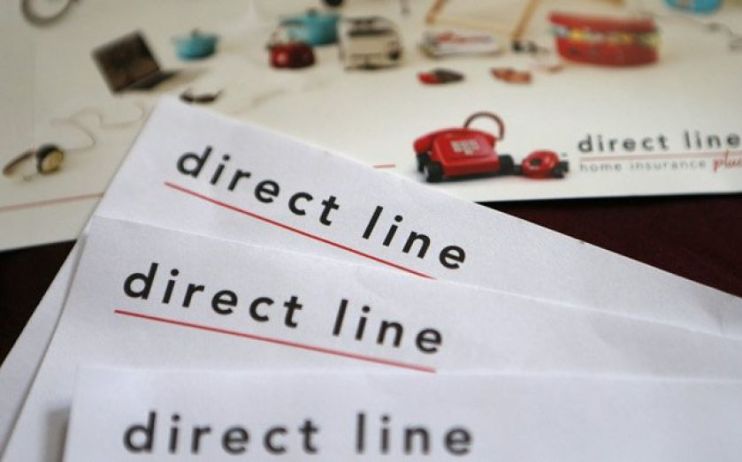Direct Line profits drop after £16m blow from discount rate change

Motor insurer Direct Line reported a 10.2 per cent drop in first-half profits today amid aims to cuts costs and as it took a hit from government changes to insurers’ discount rate.
Read more: Insurers voice dismay over government change to personal injury discount rate
The figures
Operating profit sank to £274.3m for the six months to the end of June, a 10.2 per cent fall from the £305.5m it recorded a year ago.
Profits before tax also dropped 10.8 per cent from £292.8m the previous year to £261.3m.
The number of in-force policies fell 3.2 per cent year on year to 14.8m.
Overall cash flow for the half was £1.08bn, up from £937.2m at the end of the first half of 2018.
Direct Line hiked its interim dividend marginally up 2.9 per cent to 7.2p, while basic earnings per share fell from 16.8p in the first half of 2018 to 14.9p.
Why it’s interesting:
Direct Line reiterated its full-year financial targets despite its core motor insurance profits plunging 36 per cent.
Direct Line blamed that partly on a £15.9m charge over the government’s plans to change the discount rate used to calculate personal injury compensation.
The plans will force insurers to make larger initial lump sum payments for claims.
Meanwhile gross written premiums slipped 2.2 per cent year on year to £1.61bn.
Its combined operating ratio climbed higher to 94.6 per cent, compared to 90.7 per cent a year ago. Anything below 100 per cent means the insurer earns more than it pays out.
The insurer added that it is on track to reduce operating expenses to less than £700m by the end of 2019.
“There remains much to do, but we are successfully removing costs from the business,” Penny James, CEO of Direct Line, said.
Direct Line’s share price slipped 1.3 per cent to 319.8p.
Read more: Starling Bank partners with Direct Line to simplify insurance
What Direct Line said:
James added: “I am pleased with the progress that we have made so far this year. We have delivered a good financial performance overall, benefiting from the breadth and diversity of our business.”
Main image credit: Getty